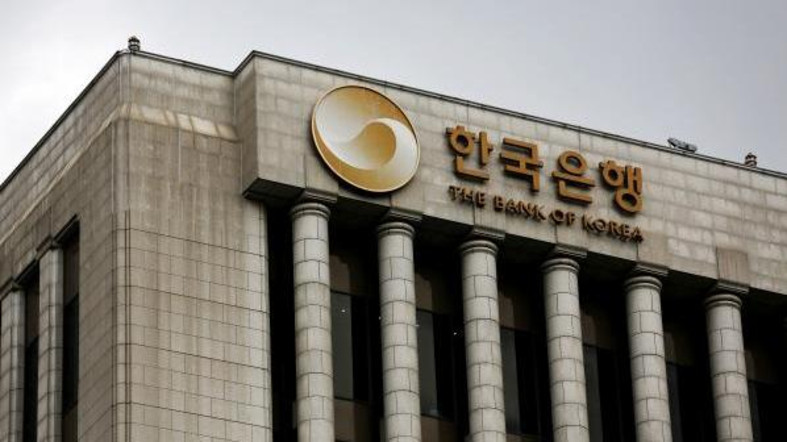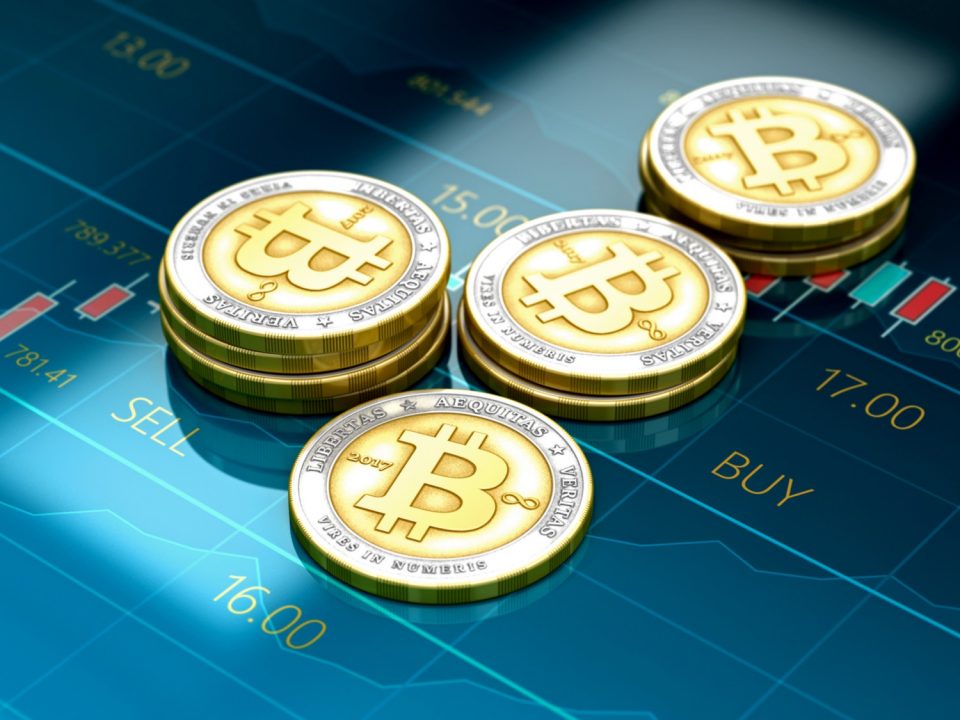South Korea Sets New Rules For Cryptocurrency

Cryptocurrency Mining Malware Plague Would Affect Businesses Worldwide
February 2, 2018
You Tube is one of the Top Business Affected By “Cryptojacking”
February 2, 2018South Korea regulatory is planning to set new rules to resolve the cryptocurrency speculations that had engulfed investors earlier in the year. As the new terms are stationed to take place immediately, the participants in the crypto market are already sounding a positive note.
The rules would bring legitimacy to the cyrptocurrency markets and are positive in the long run. South Korea financial Services Commission confirmed that the new measures announced earlier have been implemented, according to CNBC.
A report published on January 23 highlighted several conditions that the regulator would only allow accounts with real-name bank accounts to trade in the cryptocurrencies by January 30. The rules would help banks to comply with the KYC AML obligations. The marketplace is relatively becoming more optimistic and real after the implementation of the new rules.
According to Julian Hosp, co-founder and president of cryptocurrency startup TenX, the idea of cracking down the anonymity and illegal use cases of the cryptocurrencies is just the beginning. Once the investors and companies have legal security in the ecosystem the process may have short-term side effects but in the long run, it would give us a big boost.
The implementation of the new rules was launched after a mixture of messages about the regulation from the South Korean officials at several ministries overwhelmed the cryptocurrency markets earlier in the month.
John Sarson Managing Partner at Blockchain Momentum, the protocols to protect the investors in the cyrptocurrency markets have been missing and hence the implementation of the new rules comes in handy. In addition, it’s excellent for investment exchanges to serve the clients that are well known and are doing things that are legal. Therefore, the rules would allow greater scale and legitimacy.
According to CryptoCompare, trade in bitcoin has dominated in the Korean market have stood at 4% this week compared to the 40% of the total bitcoin trade that is dominated by the Japanese Yen, and about 30% in dollar terms.
Regardless of the proportions, the regulators in South Korea still have a chance to impact positively in the market.




